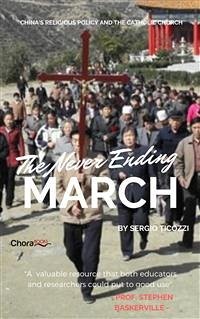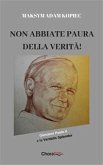Father Sergio Ticozzi, a prominent Italian missionary, has produced an important new account of the religious policies of the Chinese Communist government. It is clear from his account that religion has long been a central preoccupation of the Communist government and that it continues to be so today. The government has long engaged not only in suppression of Christian and other religious beliefs but, increasingly, in campaigns to manipulate those beliefs and channel them into serving the political purposes of the state and Party. Striking in his account is how the Chinese Communist Party continues trying to make ideology function as a political religion. This has an old pedigree, going back to the personality cult of Chairman Mao Zedong (Tse-tung). Today’s campaigns appear to be more sophisticated but perhaps equally repressive and futile. Alongside his own personality cult, President and Party General Secretary Xi Jinping’s “eight-point frugality code” ostensibly attempts to control “formalism, bureaucratic behavior, hedonism and extravagance” and to “ensure that workers have clear political beliefs, high professionalism, commitment and discipline.” As others have discovered, these aims can be achieved much more effectively by simply allowing people to choose their own religious beliefs from the marketplace of ideas.
Bitte wählen Sie Ihr Anliegen aus.
Rechnungen
Retourenschein anfordern
Bestellstatus
Storno









